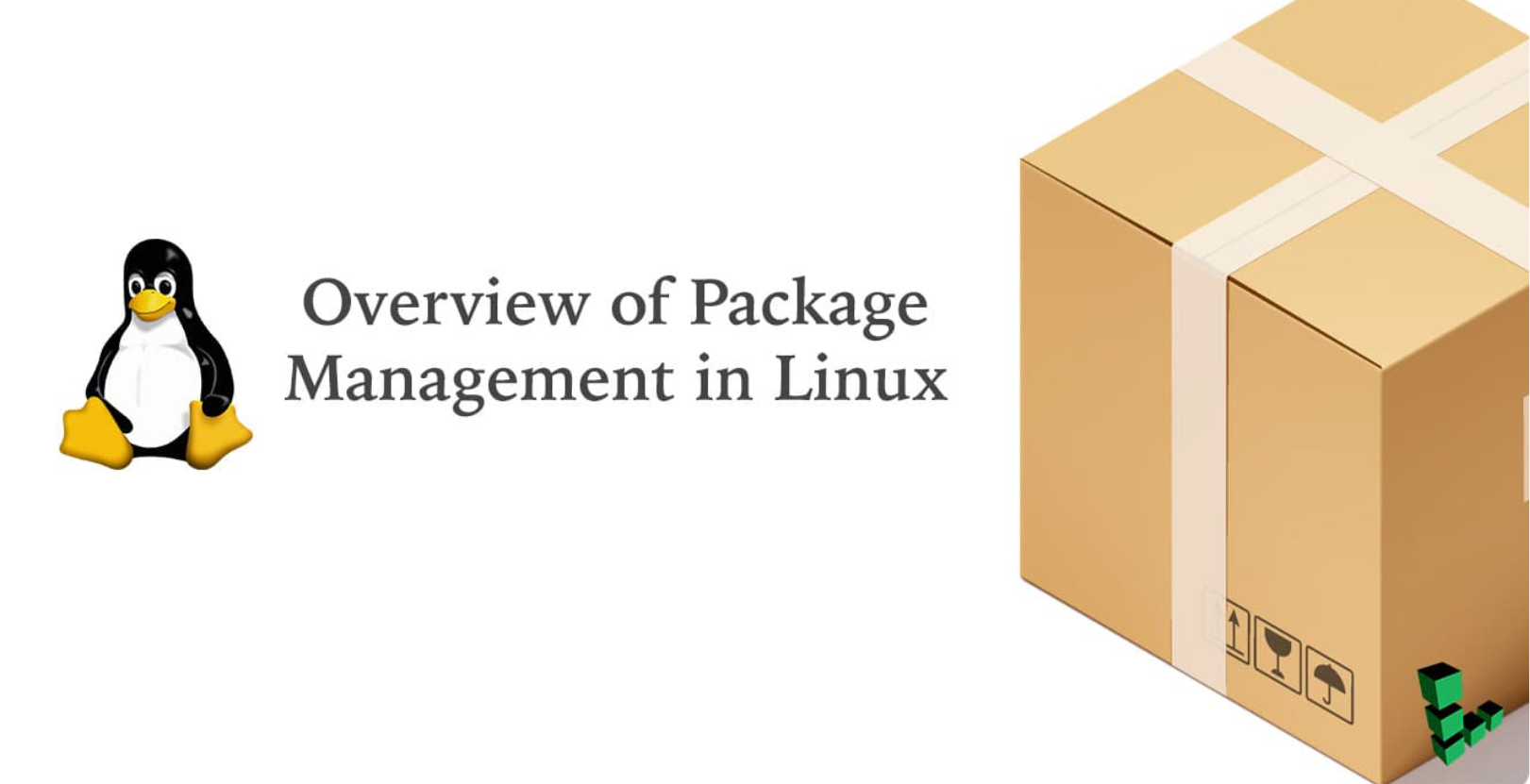Day 7 : Understanding Package Managers, Systemctl, and Systemd in Linux 🚀
 Ganesh
Ganesh
Welcome to Day 7 of your DevOps journey! Today, we're delving into essential aspects of Linux system administration. We'll explore package managers, systemctl, and systemd, which are key components of managing a Linux system. These skills are crucial for maintaining a healthy and efficient Linux system. Let's dive into the tasks for the day.
The Role of Package Managers 📦
Package managers are like the digital librarians of your Linux system. They are responsible for the management, installation, updating, and removal of software packages. These software packages can include applications, libraries, and system utilities. Different Linux distributions come with their package management systems, each with its unique characteristics and commands.
Task 1: Package Managers
Linux distributions often come with their package management systems. These package managers are vital for installing, updating, and removing software packages. Two of the most commonly used package managers are apt (used in Debian-based systems like Ubuntu) and yum (used in Red Hat-based systems like CentOS).
Debian-based Systems (apt):
Install a package:
sudo apt-get install package_nameUpdate package information:
sudo apt-get updateUpgrade installed packages:
sudo apt-get upgradeRemove a package:
sudo apt-get remove package_name
Red Hat-based Systems (yum):
Install a package:
sudo yum install package_nameUpdate package information:
sudo yum check-updateUpgrade installed packages:
sudo yum updateRemove a package:
sudo yum remove package_name
Tasks:
You have to install docker and Jenkins in your system from your terminal using package managers
Write a small blog or article to install these tools using package managers on Ubuntu and CentOS
You can read my other blog to install docker and Jenkins on linux system at this link: https://ganeshshinde4.hashnode.dev/getting-started-with-docker-and-jenkins
Task 2: Systemctl and Systemd ⚙️
systemctl is a powerful command for controlling services in a Linux system, and it is closely related to systemd.
Systemd is an init system and service manager for Linux, which replaces the traditional init system. It manages system startup and various system processes, allowing for faster boot times and efficient system management.
Basic systemctl Commands:
Start a service:
sudo systemctl start service_nameStop a service:
sudo systemctl stop service_nameEnable a service to start at boot:
sudo systemctl enable service_nameDisable a service from starting at boot:
sudo systemctl disable service_nameCheck the status of a service:
sudo systemctl status service_name
Tasks:
Check the status of the docker service in your system (make sure you completed the above tasks, else docker won't be installed)
stop the service Jenkins and post before and after screenshots
Conclusion
Understanding package managers, systemctl, and systemd is foundational for any DevOps engineer or Linux system administrator. Efficiently managing software installations, maintaining services, and system initialization are key responsibilities in ensuring a smoothly running system. Keep exploring, practicing, and learning as you continue your DevOps journey.
Happy managing, and stay curious! 🚀
#DevOps #Linux #PackageManagement #Systemctl #Systemd #ServiceManagement #SysAdmin #LearningAndGrowing
Subscribe to my newsletter
Read articles from Ganesh directly inside your inbox. Subscribe to the newsletter, and don't miss out.
Written by
